- Interweaving of folk beliefs
- Cultural exchange of three ethnic groups
- “Traditional Vietnamese worship - rituals and ritual practices”: A useful handbook for every family
From the custom of worshiping God...
In the concept and folk beliefs of the Southern people, God is the "father" and the earth is the "mother", so when praying, they all pray "father heaven, mother earth".
Usually, the altar of Ong Thien has a pillar about 1.5 m high, on the pillar is placed a brick or a square wooden board large enough to display the incense burner, 3 cups of water, a vase of flowers and offerings. On both sides of the altar of Ong Thien, apricot or cherry blossoms are often planted; at the foot are planted colorful flowers and leaves such as: ten o'clock, chrysanthemum, marigold, star anise...
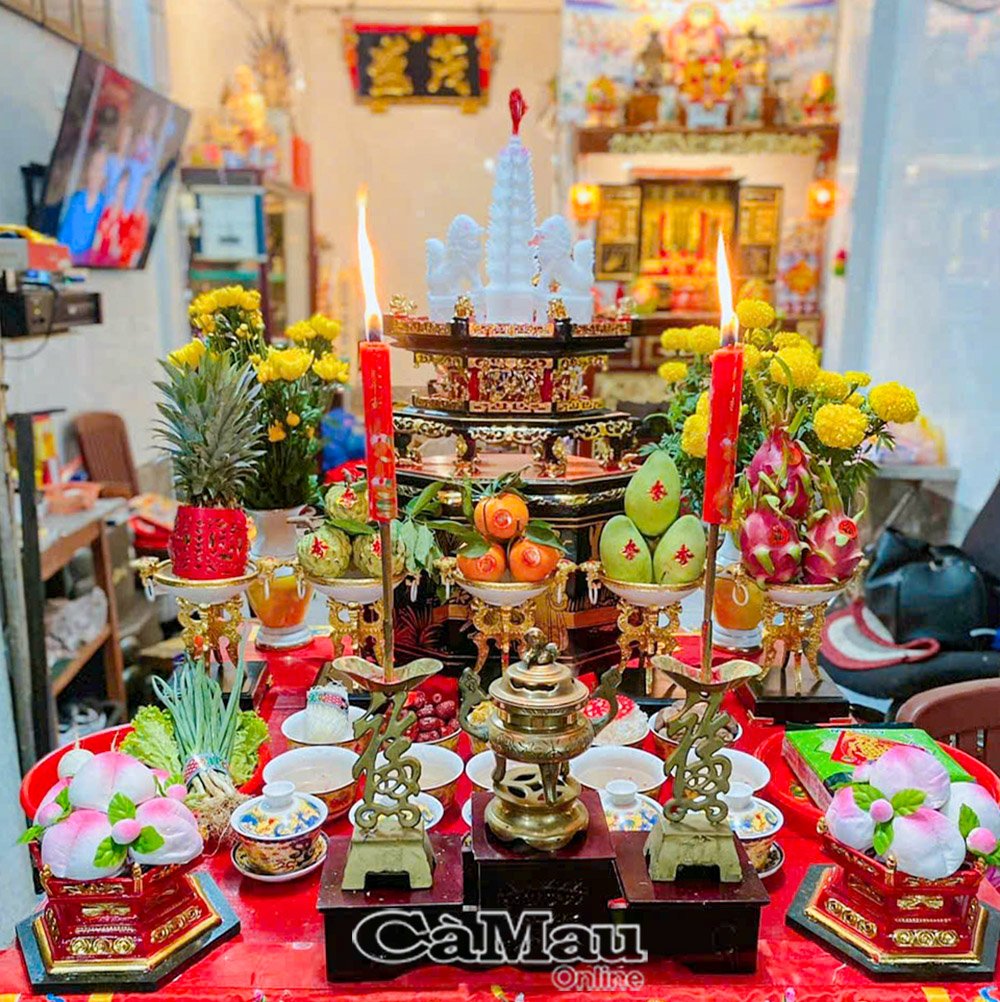
According to folklore researchers, the custom of worshiping God through setting up an altar in front of the house has existed since the time of land reclamation. Because, for migrants who had to leave their homeland to make a living in a place with a sacred forest and poisonous water: "Coming to this strange land / Even the birds' calls are scary, even the fish are scared", or "Mosquitoes chirp like flutes, leeches float like rice noodles", so they need a spiritual support to make their faith overcome the harshness of nature and foster more faith in the reclamation, with the desire to build a peaceful life in the new land. Just like when facing nature full of risks, they have to rely on God, as in the saying: "Coming to this strange berth / Pray to God to reduce the wind so that the waves on the shore do not shake". They believe that God will be the one to bless: "Being good will be rewarded / God will bless virtuous people".
Originating from the above meaning, the custom of worshiping God and setting up an altar for God has become a typical cultural feature of the people of the Mekong Delta in general and the people of Ca Mau in particular. This is a land that is naturally favored, which according to folk saying is "God-given", so people must respect God and show their hearts by worshiping God and making offerings to God on the 9th of January every year.
...To the four blessings of heaven
In addition to setting up an altar for Ong Thien in front of the house, this Vietnamese custom is also associated with the custom of worshiping Quan Troi of the Southern Chinese community, usually placed at the foot of Ong Thien's altar with a tablet inscribed with the words "Thien quan tu phuc" or "Thien dia phu mau".
If in the Vietnamese folk beliefs, the custom of worshiping God is the supreme god, then in the Chinese folk beliefs, there is also the God of Heaven (also known as Thien Quan), considered one of the three gods: Thien Quan, Dia Quan and Thuy Quan. This Thien Quan was assigned by God to bestow blessings (four blessings) on the people, so he is revered by the people. Therefore, along with the Thien Quan altar placed above, below is the altar and incense burner to worship the God of Heaven, with the tablet inscribed "Thien Quan Tu Phuc".
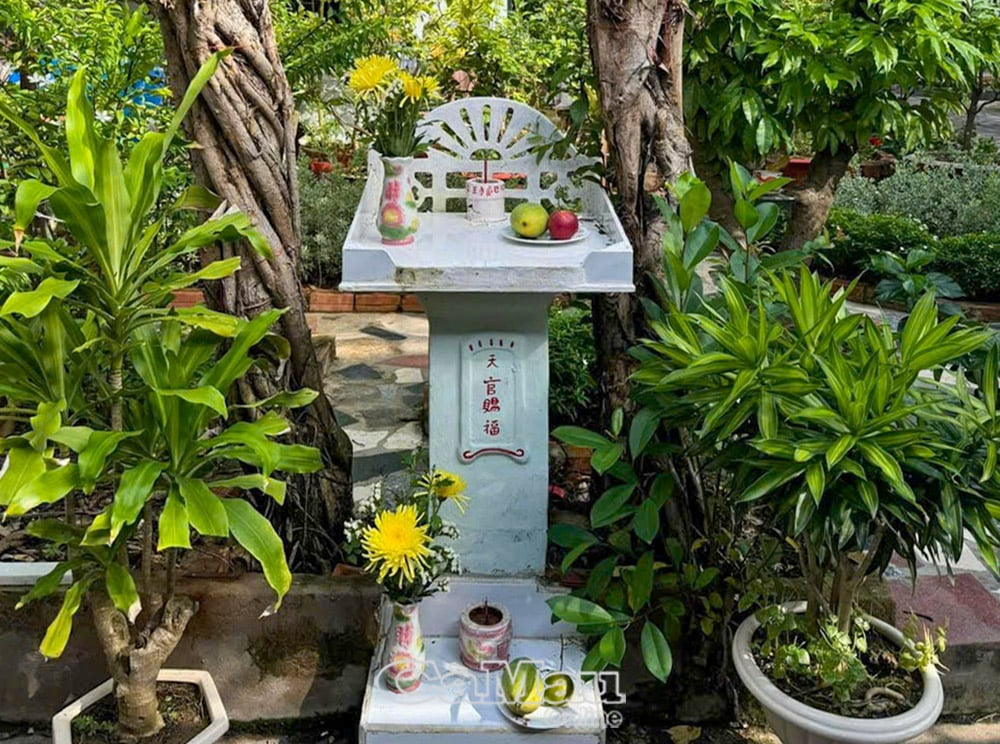
According to Chinese folk paintings, the Heavenly Official has the same shape as the God of Wealth. The Heavenly Official wears a dragonfly-winged hat, a red shirt with dragon and water wave prints, and a wish-granting pearl in his hand, symbolizing power. Gold, silver, and jewels hang on his body, and especially a couplet with the blessing: "The Heavenly Official's Four Blessings" in his hand.
Originating from the symbolic meaning of wealth, the painting of Thien Quan has become one of the most popular folk paintings that Chinese people choose to hang in their families during Tet. Chinese people also set up an altar to worship the God and invite this Thien Quan into their house at the moment of New Year's Eve to bring wealth, fortune and even promotion.
Perhaps originating from this legend, on New Year's Eve in the Western provinces, many God of Wealth dance teams often appear to wish for a happy new year and paste spring banners on the two walls of houses with many auspicious wishes such as: Spring brings prosperity, Great luck - Great profit, God of Wealth arrives at home, Five blessings arrive at the door, Four blessings from Heaven...
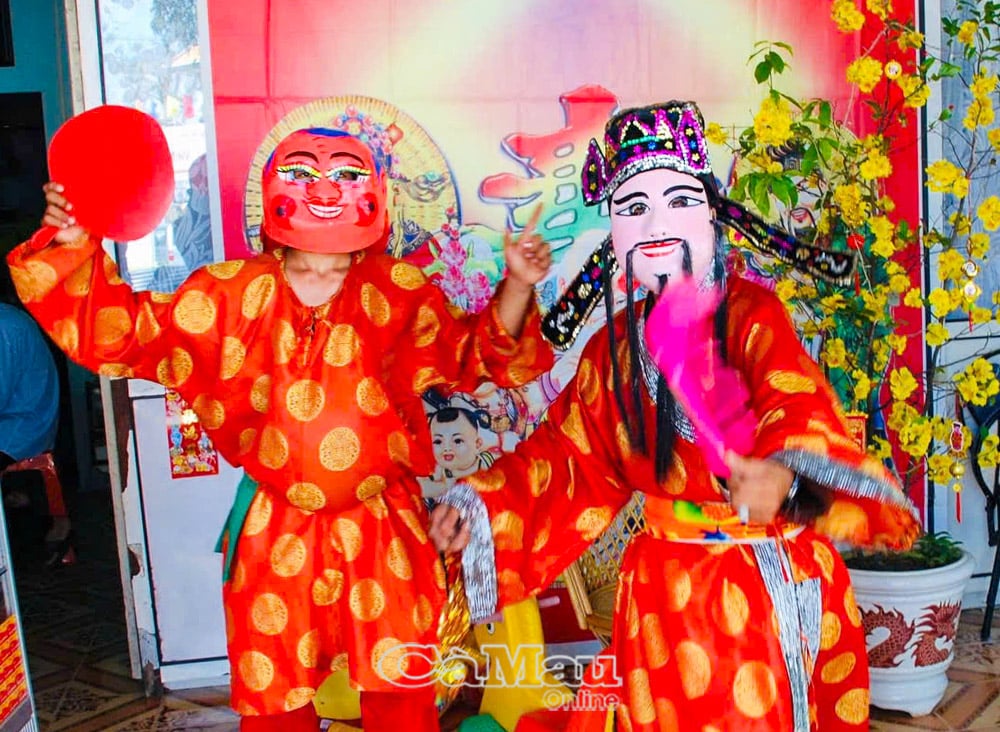
The custom of worshiping Ong Thien or Ong Quan Troi has vividly reflected the unique folk culture of the Southern people. In the condition of making a living in a new land, always having to confront harsh nature, people need faith to overcome fear, conquer nature and join hands with other ethnic groups to build a prosperous Southern land. That aspiration is clearly shown in the worship custom that is still maintained today in many families, that is, on the altar of Ong Thien and Ong Quan Troi, there are jars of salt and jars of rice, which are considered "gems" given by heaven since the time of land reclamation and settlement. And every New Year, people replace the salt and new rice once, and put the old rice and salt in the rice jar and salt jar they are using, with the meaning of wishing for luck and fertility.
Lu Dung
Source: https://baocamau.vn/net-dep-van-hoa-tuc-tho-troi-a122807.html


![[Photo] Solemn opening of the 8th Congress of the Central Public Security Party Committee, term 2025-2030](https://vphoto.vietnam.vn/thumb/1200x675/vietnam/resource/IMAGE/2025/10/4/f3b00fb779f44979809441a4dac5c7df)
![[Photo] Bustling Mid-Autumn Festival at the Museum of Ethnology](https://vphoto.vietnam.vn/thumb/1200x675/vietnam/resource/IMAGE/2025/10/4/da8d5927734d4ca58e3eced14bc435a3)




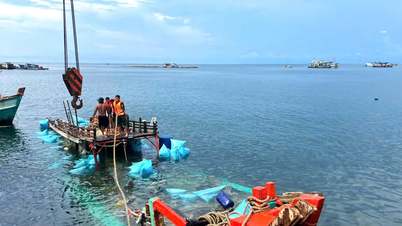

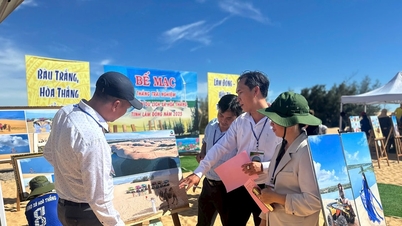

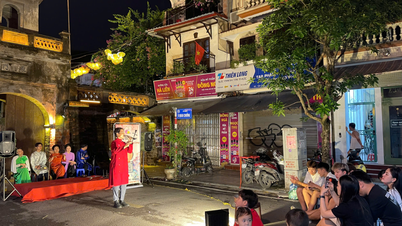


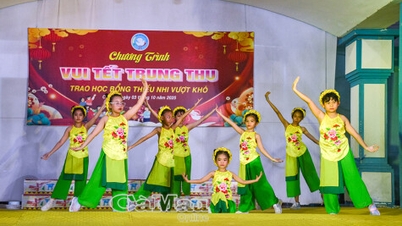
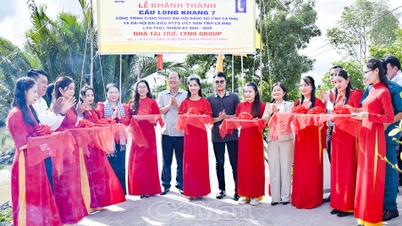
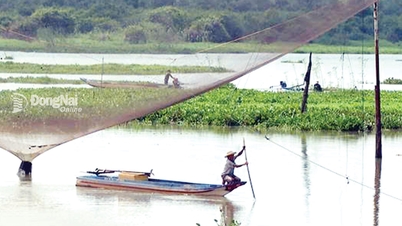

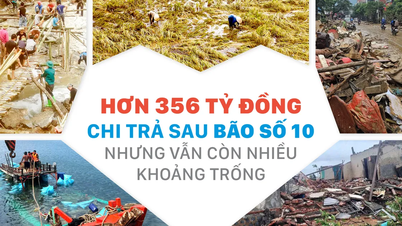
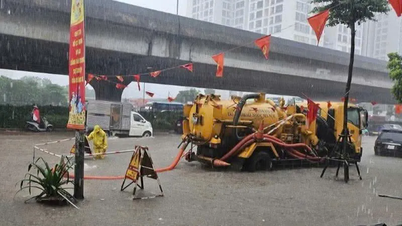
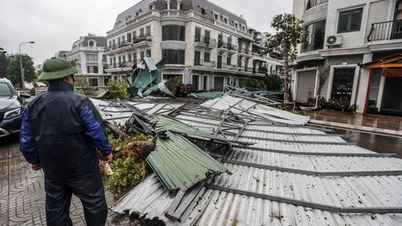









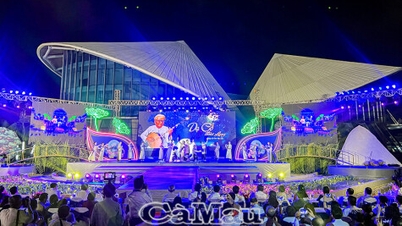
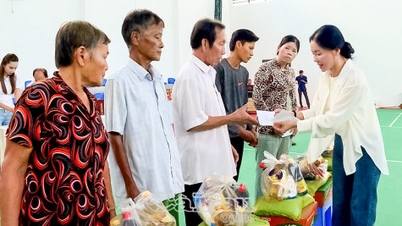
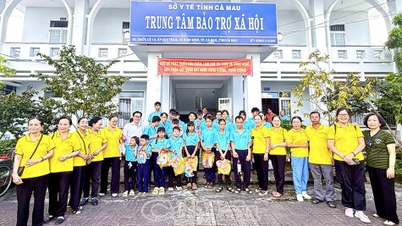
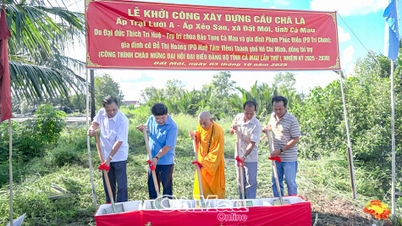
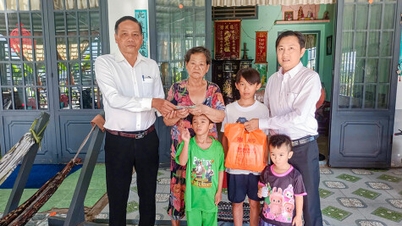
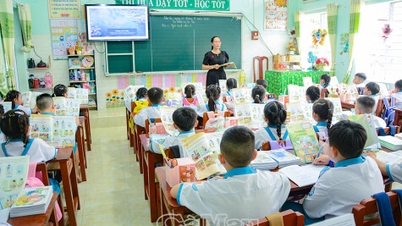

![[Photo] General Secretary To Lam attends the 8th Congress of the Central Public Security Party Committee](https://vphoto.vietnam.vn/thumb/1200x675/vietnam/resource/IMAGE/2025/10/4/79fadf490f674dc483794f2d955f6045)
























![[VIDEO] Summary of Petrovietnam's 50th Anniversary Ceremony](https://vphoto.vietnam.vn/thumb/402x226/vietnam/resource/IMAGE/2025/10/4/abe133bdb8114793a16d4fe3e5bd0f12)

![[VIDEO] GENERAL SECRETARY TO LAM AWARDS PETROVIETNAM 8 GOLDEN WORDS: "PIONEER - EXCELLENT - SUSTAINABLE - GLOBAL"](https://vphoto.vietnam.vn/thumb/402x226/vietnam/resource/IMAGE/2025/7/23/c2fdb48863e846cfa9fb8e6ea9cf44e7)
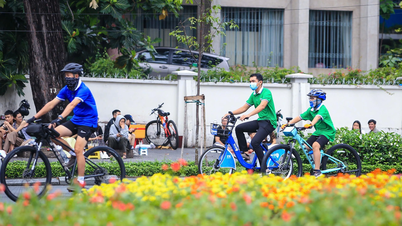

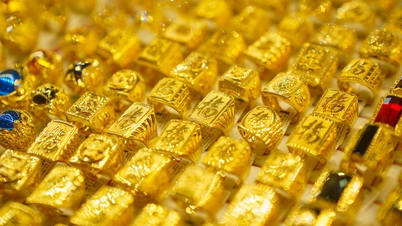
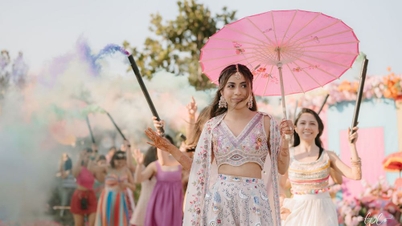

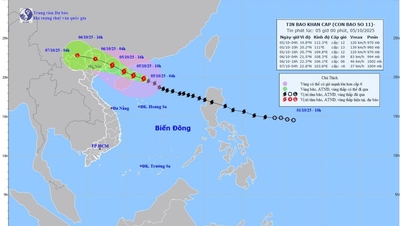

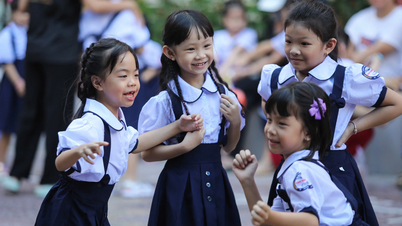







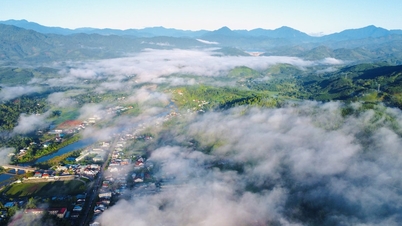
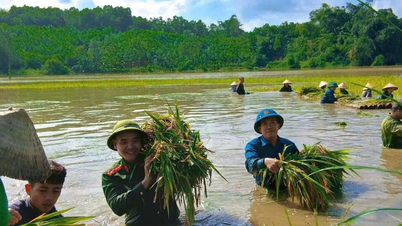
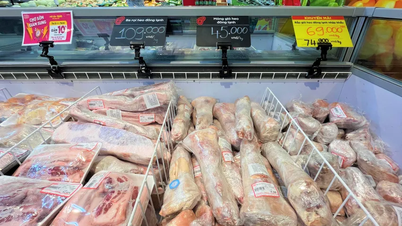

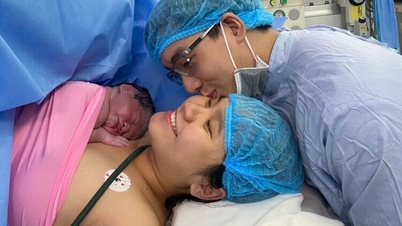


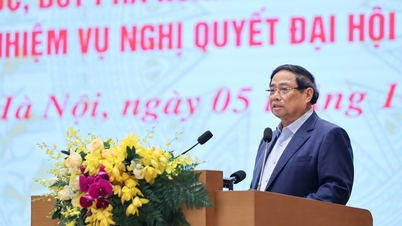













Comment (0)